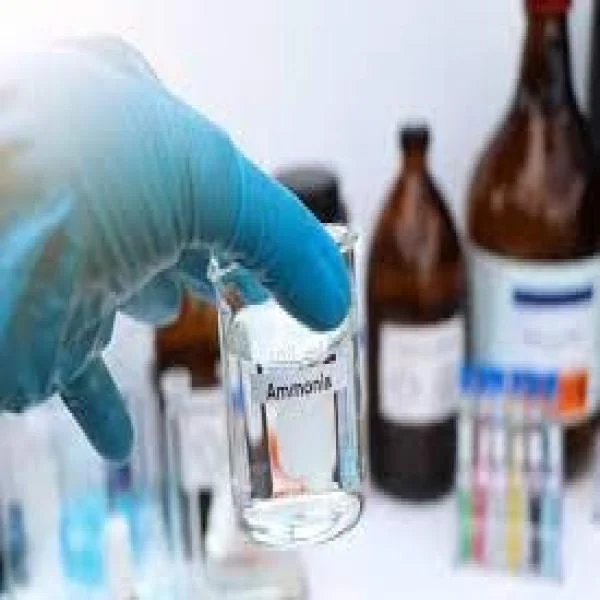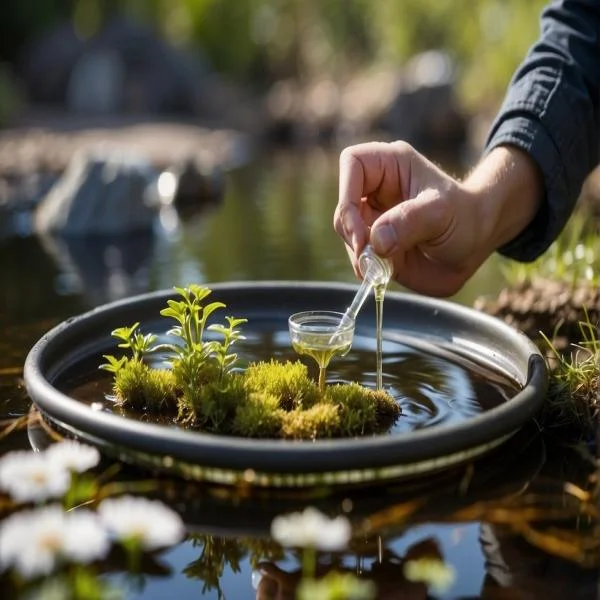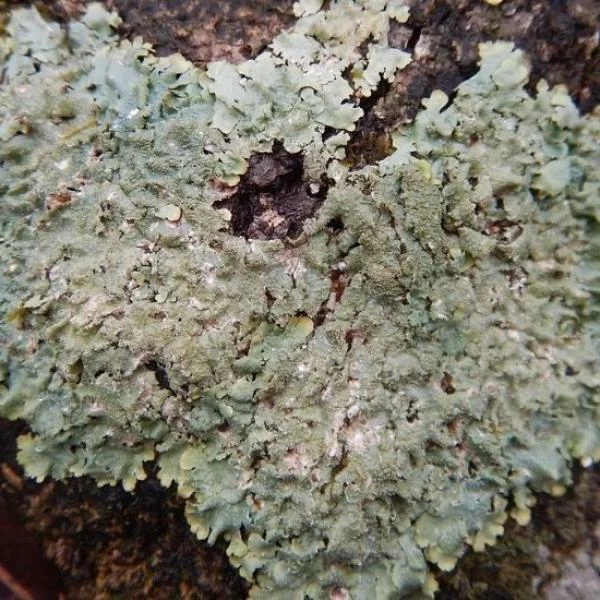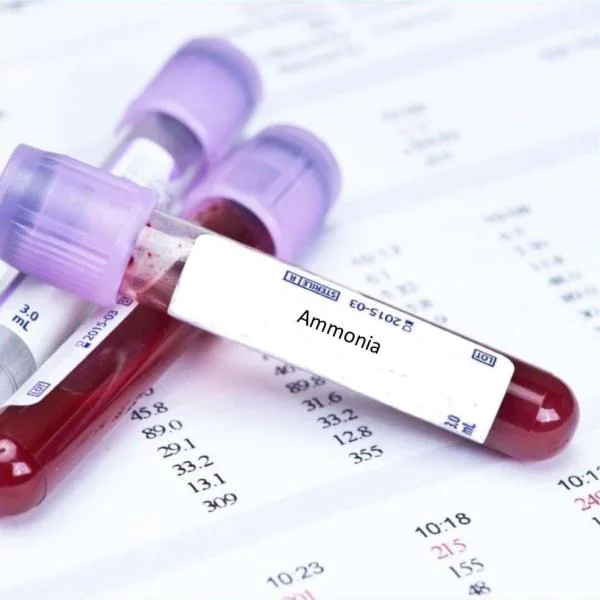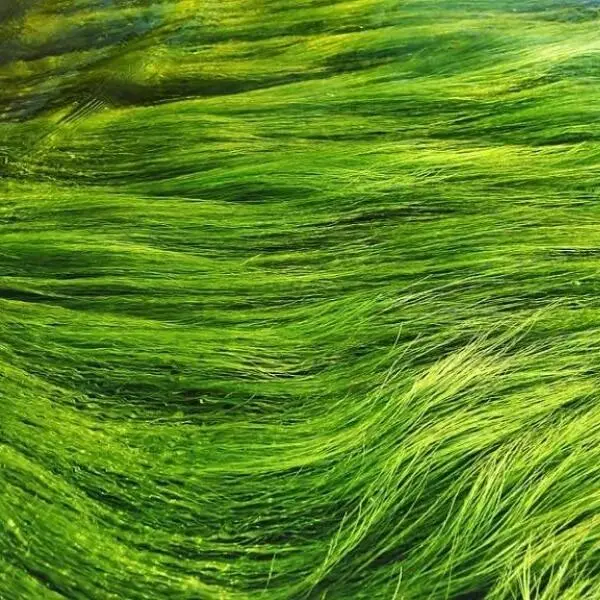
Ammonia in pool water can be a surprising challenge for pool owners, leading to various water quality issues, unpleasant odors, and potential health risks. Ammonia typically enters pool water through organic contaminants and reacts with chlorine, leading to chloramine formation, creating a lingering chlorine smell and skin or eye irritation. In this article, we'll explore the common causes of ammonia in pool water, why it’s essential to address it, and the most effective ways to eliminate it.
Understanding Ammonia in Pool Water
Ammonia (NH3) is a compound commonly found in household cleaning products and fertilizers, but it can also find its way into pool water. While it may not seem like a big issue at first, ammonia in a pool can interfere with the water’s chemistry and lead to various problems. When ammonia enters pool water, it reacts with chlorine to form chloramines, which cause the infamous "chlorine smell" and can reduce chlorine’s effectiveness as a disinfectant.
Common Causes of Ammonia in Pool Water
Several factors contribute to the presence of ammonia in pool water:
- Rain and Environmental Pollution: Rainwater can carry ammonia from the atmosphere, especially in areas with significant pollution. When rainwater enters a pool, it introduces ammonia and other contaminants.
- Organic Debris: Leaves, dirt, and other organic materials that enter the pool can break down and release ammonia. This is why it’s essential to keep the pool clean and free of debris.
- Human Contaminants: Sweat, body oils, sunscreen, and urine can all contain ammonia. Swimmers can unintentionally add ammonia to the pool, especially during peak pool use.
- Use of Fertilizers Nearby: Fertilizers used in lawns or gardens contain nitrogen compounds that can convert to ammonia and run off into the pool after rain or irrigation.
Understanding these causes can help pool owners take preventative measures to keep ammonia levels in check.
Why Ammonia Is a Problem in Pools
Ammonia itself isn’t necessarily harmful in low amounts, but in pool water, it can quickly lead to problems:
- Chloramine Formation: Ammonia reacts with chlorine to form chloramines, which reduce chlorine’s effectiveness and create an unpleasant odor.
- Reduced Sanitization: Chloramines are much less effective than chlorine in killing bacteria and other pathogens, making the pool less safe.
- Health Concerns: High levels of chloramines can cause eye and skin irritation, and the presence of ammonia may contribute to respiratory discomfort for swimmers.
- Water Quality Issues: Elevated ammonia levels can cause the water to become cloudy or green, impacting the pool’s overall appearance and requiring additional maintenance.
Addressing ammonia and chloramine issues as soon as they arise is crucial for a safe and enjoyable swimming experience.
Testing for Ammonia in Pool Water
Regular water testing is essential for managing pool water quality, including ammonia levels. There are several ways to test for ammonia:
- Test Kits: Pool test kits with ammonia-specific tests can detect ammonia levels, helping pool owners know when action is needed.
- Digital Meters: Digital ammonia meters offer quick and accurate readings, allowing for easy detection of ammonia in pool water.
- Professional Pool Services: Pool maintenance companies can test for ammonia levels as part of their service, providing precise data and guidance.
Testing pool water weekly or after heavy pool use or rainfall is ideal for catching ammonia issues early.
How to Remove Ammonia from Pool Water
If testing reveals elevated ammonia levels, there are effective steps to restore water quality:
Shock the Pool
Shocking the pool involves adding a high dose of chlorine to break down ammonia and eliminate chloramines:
- Use a Non-Stabilized Chlorine Shock: This allows for effective breakdown without adding additional stabilizers to the pool.
- Add Enough Shock: It often takes a higher-than-normal chlorine dose to fully eliminate ammonia. The pool may require several rounds of shock to reach ideal chlorine levels.
- Follow Manufacturer Instructions: Properly following product instructions ensures effective ammonia removal and helps prevent over-shocking the pool.
Increase Filtration
Proper filtration plays a significant role in maintaining pool water quality:
- Run the Pool Filter Longer: After shocking the pool, running the filter for an extended period helps remove any remaining ammonia and chloramines.
- Backwash and Clean the Filter: Regularly cleaning the filter helps maintain its effectiveness, especially after dealing with ammonia issues.
Use Enzyme Products
Enzyme-based products can break down organic contaminants in pool water, reducing the chances of ammonia formation:
- Add Enzyme Treatments: These treatments help target and remove organic material before it breaks down into ammonia.
- Follow Regular Maintenance: Consistently using enzyme treatments as part of regular pool maintenance can prevent ammonia buildup over time.
Monitor pH and Alkalinity
Maintaining balanced pool water chemistry supports chlorine’s effectiveness in handling ammonia:
- pH Levels: Keep pH levels between 7.2 and 7.6 for optimal chlorine performance.
- Alkalinity: Ensuring proper alkalinity levels helps stabilize pH, making chlorine more effective in breaking down ammonia.
Consistently balanced pH and alkalinity help prevent ammonia from becoming a recurring issue in pool water.
Preventing Ammonia in Pool Water
Preventive measures can significantly reduce the chances of ammonia buildup:
Regular Pool Cleaning
- Skim Debris: Regularly removing leaves, dirt, and other organic matter from the pool prevents them from breaking down and introducing ammonia.
- Brush and Vacuum: Brushing the pool walls and vacuuming the floor can remove organic material before it has a chance to decompose.
Encourage Proper Swimmer Hygiene
- Shower Before Swimming: Showering before entering the pool can reduce the amount of body oils, sweat, and other contaminants introduced by swimmers.
- Encourage Restroom Breaks: Especially with children, reminding swimmers to take restroom breaks can help prevent accidental ammonia introduction.
Cover the Pool During Off-Hours
Covering the pool can prevent debris and rainwater from entering, reducing ammonia sources:
- Use a Pool Cover: A high-quality cover keeps out rain, leaves, and other potential contaminants.
- Maintain Proper Cover Cleaning: Regularly cleaning the cover helps prevent buildup of contaminants that could enter the water.
Taking preventive steps can go a long way in maintaining ammonia-free pool water.
Signs Your Pool May Have an Ammonia Problem
It’s not always obvious when ammonia levels are high in pool water, but some indicators include:
- Persistent Chlorine Odor: A strong chlorine smell is often a sign of chloramine buildup, which may indicate ammonia presence.
- Cloudy or Green Water: Elevated ammonia levels can cause the water to become cloudy or green, indicating a need for maintenance.
- Irritated Skin or Eyes: If swimmers experience skin or eye irritation, it could be due to chloramines resulting from ammonia.
If these signs appear, immediate action is recommended to restore water quality.
How Often to Check for Ammonia
Routine checks are essential for maintaining optimal water quality:
- Weekly Testing: During peak pool season, test pool water weekly to monitor ammonia and other contaminants.
- After Rain or Heavy Pool Use: Test for ammonia after significant rainfall or periods of heavy pool use, as these events can introduce more contaminants.
By testing frequently, pool owners can detect ammonia early and address it before it becomes a significant issue.
Conclusion
Ammonia in pool water is a manageable problem if detected and treated early. With regular testing, proper maintenance, and a few preventive measures, pool owners can keep their water clean, clear, and safe for swimming. Understanding the causes of ammonia and knowing how to handle it effectively helps ensure that every swim is enjoyable and irritation-free.
Related Articles
How to Detect and Remove Ammonia in Water Sources
Ammonia, a naturally occurring compound of nitrogen and hydrogen, can be found in various water ...
Tips for Reducing Ammonia in Pond to Keep Aquatic Life Healthy
Maintaining a healthy pond is crucial for the well-being of fish and other aquatic life, and one of ...
How Do Algae and Fungi Differ From Each Other?
Algae and fungi are fascinating organisms that play crucial roles in our ecosystem, yet they possess ...
What High Levels of Ammonia in the Blood Mean for Health
Ammonia is a naturally occurring substance in the body that is vital to certain metabolic processes. ...
Cyanobacteria vs Algae: Understanding Their Key Differences and Significance
Aquatic ecosystems harbor diverse photosynthetic organisms, with cyanobacteria and algae being two ...
Can moss really grow anywhere?
Moss is a unique and resilient plant that has adapted to survive in diverse ecosystems for hundreds ...

